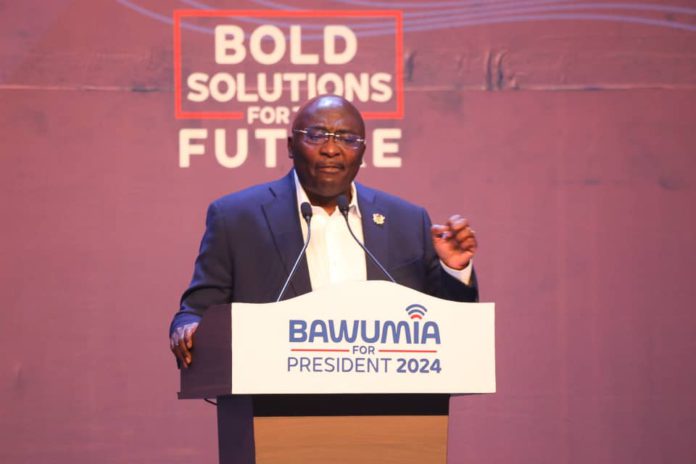IMANI, a prominent think tank in Ghana, has released the third episode of its Public Understanding and Literacy for Sentiment and Election analysis (PULSE) report.
The report has provided valuable insights into the sentiment analysis of Ghanaians on social media platforms leading up to the 2024 Election.
The PULSE report, a fortnightly curated analysis, delves into the sentiments expressed on various social media platforms including Facebook, X (formerly Twitter), YouTube, Web, TikTok, Instagram, Podcasts, and Newsfeeds.
With approximately 50% internet penetration in Ghana, translating to around 15.7 million people, and about 6.7 million active social media users, the report captures a significant portion of the population, particularly those aged between 18 and 64 who are eligible voters.
While PULSE primarily focuses on the two main contenders, the NPP and the NDC, the third episode broadens its scope to include other parties like the PNC, CPP, ACP, PPP, as well as independent candidates such as the Butterfly Movement and the New Force, reflecting the diverse political landscape of Ghana.
Data for this episode, spanning from January 15 to February 11, 2024, reveals noteworthy shifts in public sentiment, particularly following key events like Dr. Mahamudu Bawumia’s highly publicized speech on the economy on February 7.
This event prompted the addition of new keywords such as #itispossible and #Bawumiaspeaks to assess the impact of Dr. Bawumia’s statements on public opinion.
The sentiment analysis categorizes comments and tweets into positive, negative, and neutral tones using AI tools, providing insights into the prevailing attitudes towards the candidates.
Prior to Dr. Bawumia’s speech, public opinion on both major candidates remained relatively stable. However, post-speech, there was a significant increase in negative sentiment towards Dr. Bawumia, with negative mentions on social media nearly tripling from 13% to 35%.
Notably, the NPP experienced a reduction in positive sentiment from 10.82% to 9.37% following Dr. Bawumia’s speech, indicating a shift in public perception towards the party.
Additionally, the report highlights the emergence of independent candidate Nana Kwame Bediako, popularly known as Cheddar, as a prominent figure in social media discussions, reflecting growing interest in alternative political voices.
Overall, the PULSE Episode 3 sheds light on the dynamic nature of public sentiment in Ghana’s political landscape, emphasizing the importance of social media in shaping voter perceptions and influencing electoral outcomes.
As the election draws nearer, stakeholders will closely monitor these trends to gauge the evolving political landscape and tailor their strategies accordingly.

